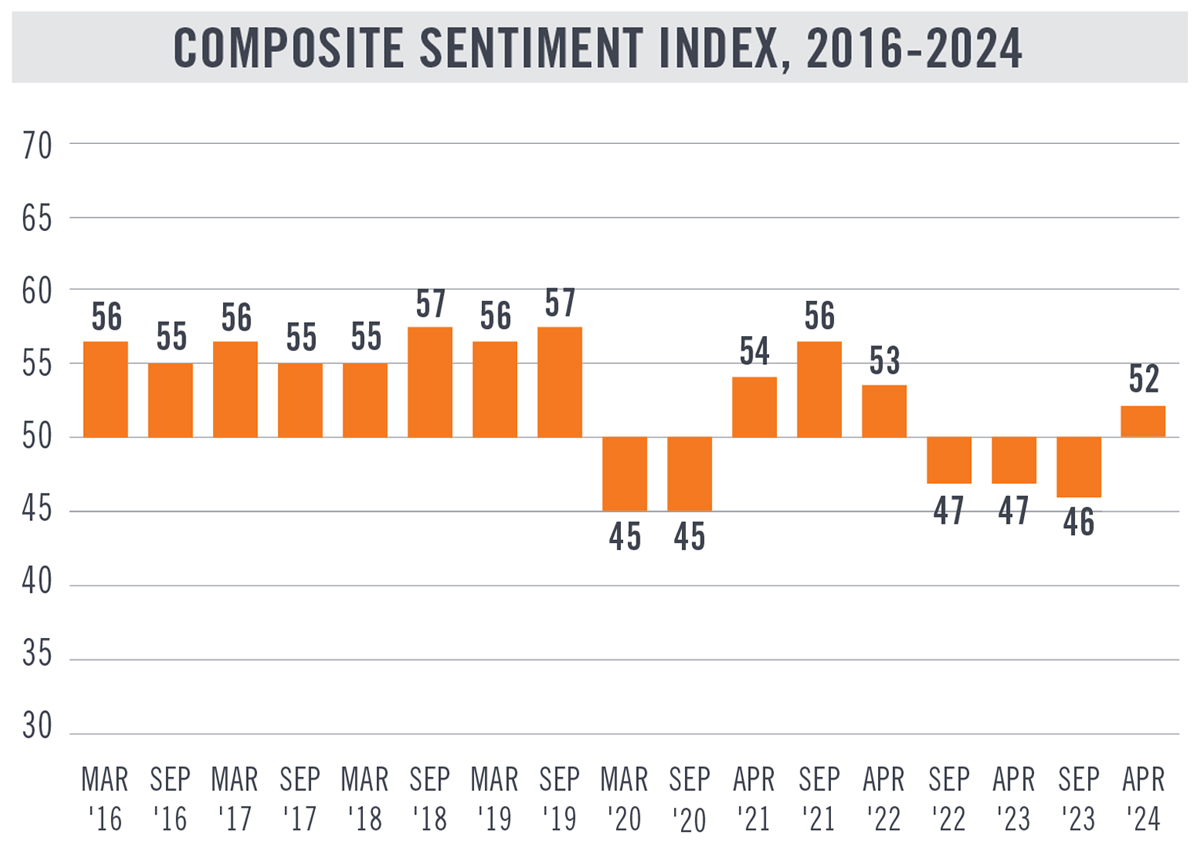Economy Watch – Frayed State of the Union
Though Pres. Obama did not dwell on CRE in his State of the Union address, he did speak a great deal about credit and jobs -- the industry's lifeblood.
January 28, 2010
Dees Stribling, Contributing Editor
What was in President Obama’s first State of the Union for commercial real estate? The president didn’t dwell on the sad state of the CMBS market or underwater commercial loans lingering on bank balance sheets, but he did talk a good deal about credit and jobs—the lifeblood of CRE.
“I’m proposing that we take $30 billion of the money Wall Street banks have repaid and use it to help community banks give small businesses the credit they need to stay afloat,” the president said at one point. “I’m also proposing a new small business tax credit—one that will go to over one million small businesses who hire new workers or raise wages.”
He offered other job-stimulating proposals as well. If acted upon, they would arguably (in the somewhat long run) stimulate demand for offices as businesses hire more and retail space as workers spend money. But in the end, these ideas are still proposals, and as President Obama knows all too well, the president proposes, Congress disposes.
COP Eyes CRE Problems
The Congressional Oversight Panel — COP, which grudgingly credited TARP late last year with saving the economy from being completely FUBAR — has turned its attention to the sorry state of commercial real estate and what that might mean for the broader economy. On Wednesday, the panel held “field” hearings in Atlanta that included testimony from the heads of various real estate companies and banks.
The dysfunctional state of commercial real estate lending inevitably came up, though “kicking the can down the road” isn’t news in the real estate world. In fact, it’s been a standard operating procedure for a while now, as some borrowers and lenders do the dance of denial. “I’m really troubled about this,” said the chairwoman of the panel, Harvard law professor Elizabeth Warren.
So are bank executives, probably. At least the ones who are caught between the Scylla of keeping up their capital reserves and the Charybdis of massive losses if they accurately valuate the commercial real estate loans on their books. COP is planning to issue a report about the problems of commercial real estate sometime in February, and few expect glad tidings for 2010 from it.
Fed Leaves Rates Alone, Unwinds Emergency Measures
The Federal Reserve decided to leave low enough alone on Wednesday, foreseeing “exceptionally low rates” ahead for “an extended period.” Less conspicuous in the headlines was the beginning of the end for the central bank’s program to buy agency mortgage-backed securities, the aptly named MBS Purchase Program, which is slated to close down by the end of the first quarter.
“The Committee is gradually slowing the pace of these purchases, and it anticipates that these transactions will be executed by the end of the first quarter,” the Federal Open Market Committee explained in a statement. So far about $1.15 trillion in agency MBS have been bought under the program, with another $100 billion to go by March 31. The Fed’s Term Asset-Backed Securities Loan Facility (TALF) is also headed for the bone yard, with the part of the facility devoted to new-issue CMBS expiring on June 30.
Does this count as a rational and orderly exit from emergency measures put in place during the Panic of 2008 or pulling the plug on the credit markets while they’re still on necessary life support?
Leaving Las Vegas
`
He’s probably heard all the jokes about leaving Las Vegas that he can stand, but actor Nicolas Cage has become an object lesson in the fact that fame and an astronomical income can’t protect you from a real estate bubble. The actor has lately been obliged to sell a six-bedroom, 4,300-square-foot Vegas mansion for just shy of $5 million that he bought in 2006 for $8.5 million.
Apparently, the Las Vegas property isn’t the only one that Cage bought hoping to profit from the rising property tide of the mid-2000s. Reportedly, his ill-timed forays into real estate and other kinds of financial mismanagement have landed him in Dutch with the IRS to the tune of about $14 million.
Wall Street saw modest gains on Wednesday, with the Dow Jones Industrial Average up 41.87 points, or 0.41 percent. The S&P 500 rose 0.49 percent and the Nasdaq gained 0.8 percent.






